

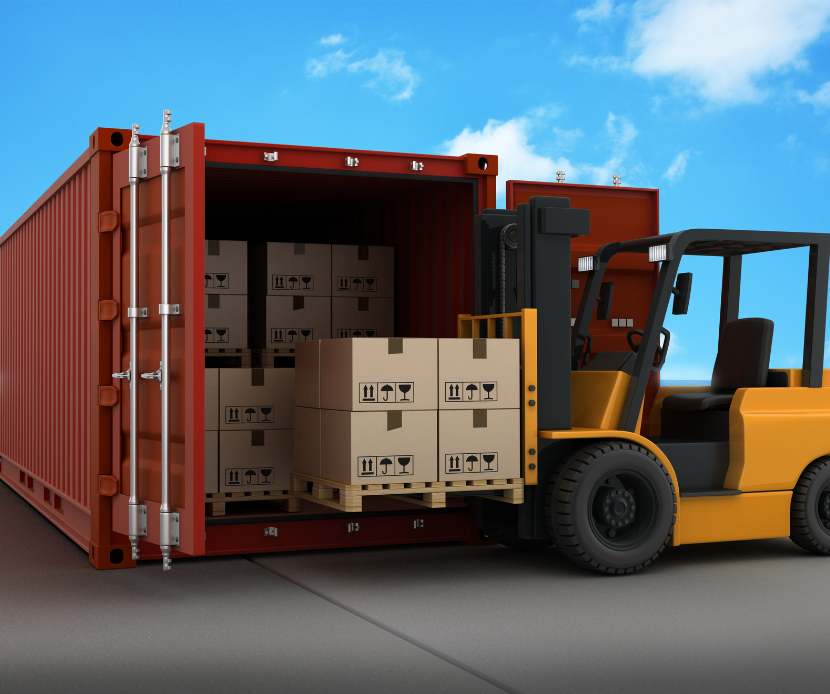
In the modern maze of international trade, businesses grapple with the challenge of shipping smaller cargo loads efficiently and cost-effectively. Less than Container Load (LCL) shipping stands out as a beacon of flexibility and economy, especially for SMEs that seek agility and cost efficiency in their supply chain. In this comprehensive guide, we delve into the intricacies of LCL shipping, offering insights into its operational aspects, strategic benefits, and optimization techniques, surpassing traditional approaches in freight forwarding, transportation, and customs clearance.
LCL shipping refers to the transportation of cargo that doesn’t require the full use of a standard ocean freight container. Multiple shippers share container space, making it an optimal solution for transporting smaller volumes of goods without bearing the cost of a Full Container Load (FCL).
1. Consolidation and Deconsolidation
In LCL shipping, consolidation is the process of combining cargo from multiple shippers into one container. This procedure necessitates a strategic packing approach to maximize space and ensure safety. Conversely, deconsolidation involves distributing the individual consignments to the respective recipients upon arrival at the destination port.
2. Freight Forwarding
Freight forwarders play a pivotal role in LCL shipping, acting as intermediaries between shippers and transportation services. They not only help in consolidating shipments but also navigate regulatory requirements, documentation, and global shipping protocols.
3. Customs Clearance
LCL shipments undergo customs clearance where declarations are provided, duties and taxes are paid, and necessary inspections are conducted. Proficiency in handling this stage is crucial to avoid delays or legal repercussions.
LCL shipping offers myriad benefits, particularly for businesses looking for cost-effective solutions and flexibility.
1. Cost Efficiency: Pay only for the space you use, significantly reducing shipping costs compared to booking an entire container.
2. Flexibility: With no need to wait until you have enough cargo for a full container, LCL allows for timely and consistent shipments.
3. Optimized Inventory Management: LCL enables businesses to practice Just-In-Time (JIT) inventory management, reducing storage costs and minimizing stock levels.
4. Enhanced Reach: Businesses can reach smaller or less accessible markets where the demand doesn't warrant FCL shipments.
Adopting innovative and strategic approaches in LCL shipping can significantly enhance operational efficiency and customer satisfaction.
1. Digitalization and Real-Time Tracking
Implementing digital solutions for real-time tracking provides transparency. Shippers can monitor their cargo, and forwarders can manage the consolidation and deconsolidation processes more efficiently.
2. Strategic Partnering with Reputable Freight Forwarders
Collaborating with experienced and reliable freight forwarders ensures professional handling of LCL shipments, adherence to regulatory standards, and access to established global networks.
3. Comprehensive Insurance Coverage
Securing comprehensive insurance for LCL shipments safeguards against potential risks associated with shared containers, providing financial protection from damages or losses.
4. Mastery of Customs Clearance
Understanding and efficiently navigating the complexities of customs clearance accelerates the shipping process, prevents legal issues, and avoids unnecessary costs or delays.
The future of LCL shipping is anchored in sustainability and technology. Eco-friendly practices, such as optimizing container space, reducing the carbon footprint, and using bio-degradable packaging materials, are becoming increasingly significant. Additionally, technological advancements like blockchain for secure documentation, IoT for real-time tracking, and AI for managing logistics networks are revolutionizing the landscape.
LCL shipping has unequivocally transformed the realm of international logistics, offering an unmatched blend of cost efficiency, flexibility, and reach. As businesses continue to navigate the fluctuating tides of global trade, adapting and optimizing LCL shipping practices is paramount. By leveraging strategic partnerships, technological advancements, and sustainable practices, companies can harness the full potential of LCL shipping to propel their operations forward in the competitive international market.
In this comprehensive exploration of LCL shipping, we've transcended basic freight forwarding norms, offering deep insights and strategic guidance for businesses aiming to master their logistics processes. By embracing the techniques and foresights discussed, enterprises stand poised not only to optimize their supply chains but also to pioneer new standards in efficient, responsible, and innovative international logistics.

Your Global Trade Navigator, Delivering End-to-End Excellence and Unlocking New Opportunities in Every Link of Your Supply Chain.
Get In Touch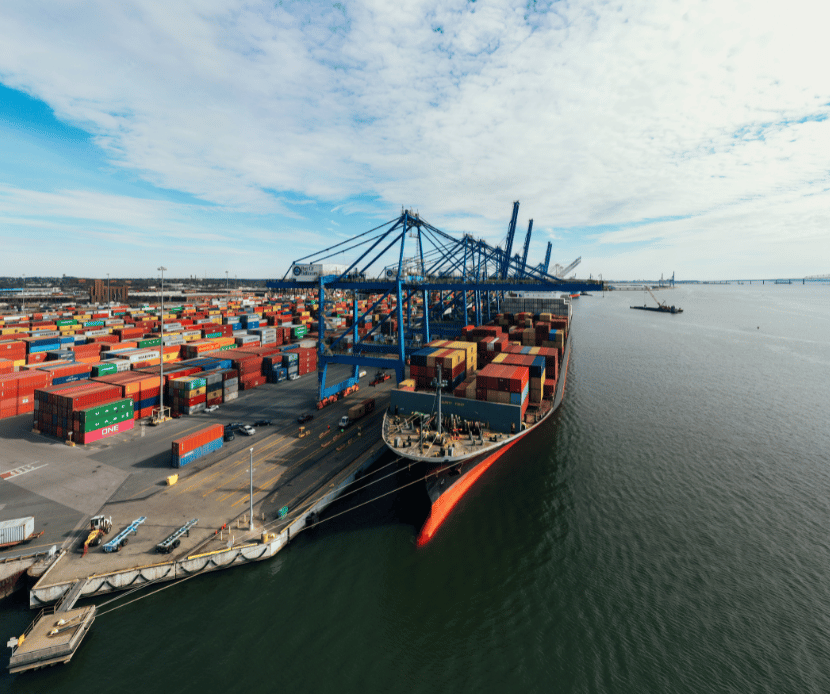
Discover the nuances of Full Container Load (FCL) Shipping in our comprehensive guide.
Learn More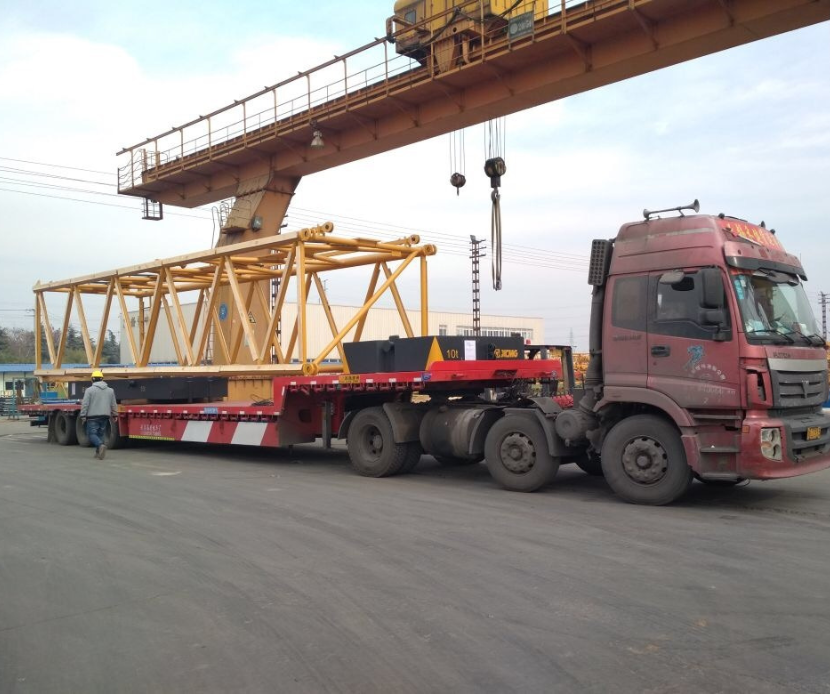
SJA Group: Expertise in transporting high-value, oversized cargo globally.
Learn More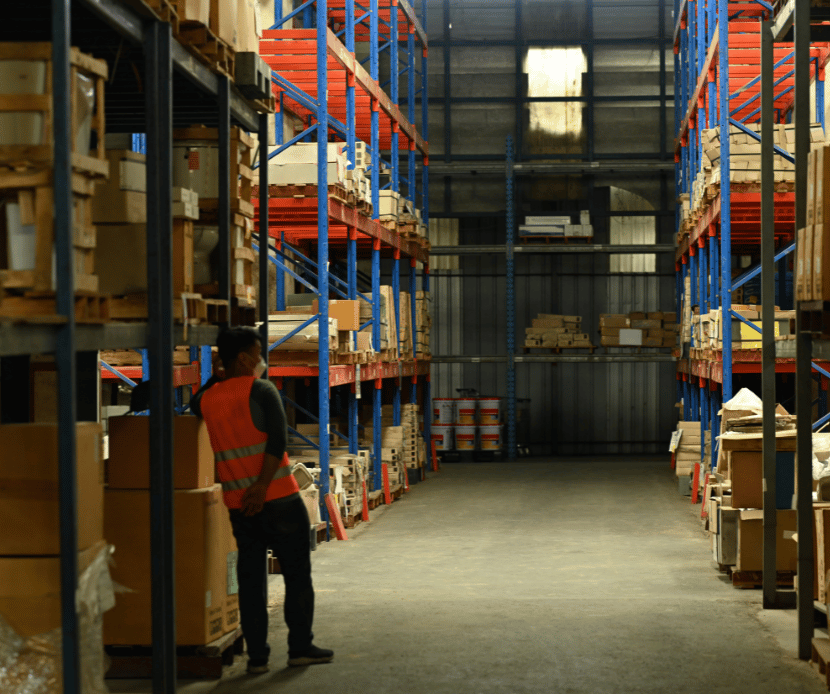
Global Storage Innovations: Strategic, efficient, custom warehousing solutions.
Learn More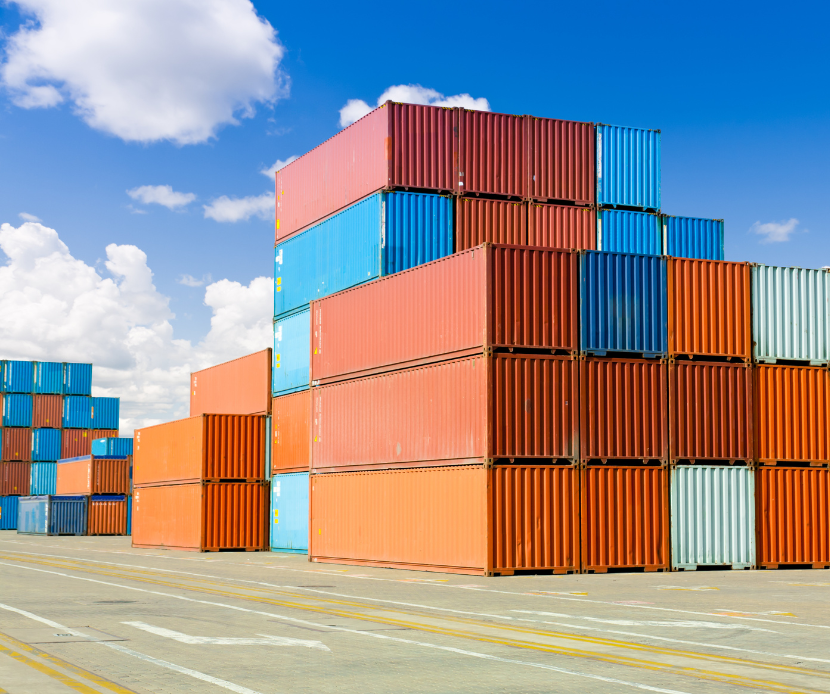
The Essential Guide to NVOCC: Pioneering Modern Logistics
Learn More
Inland Transportation: The Backbone of Domestic Logistics
Learn More
Door Delivery: Revolutionizing Convenience in Logistics
Learn More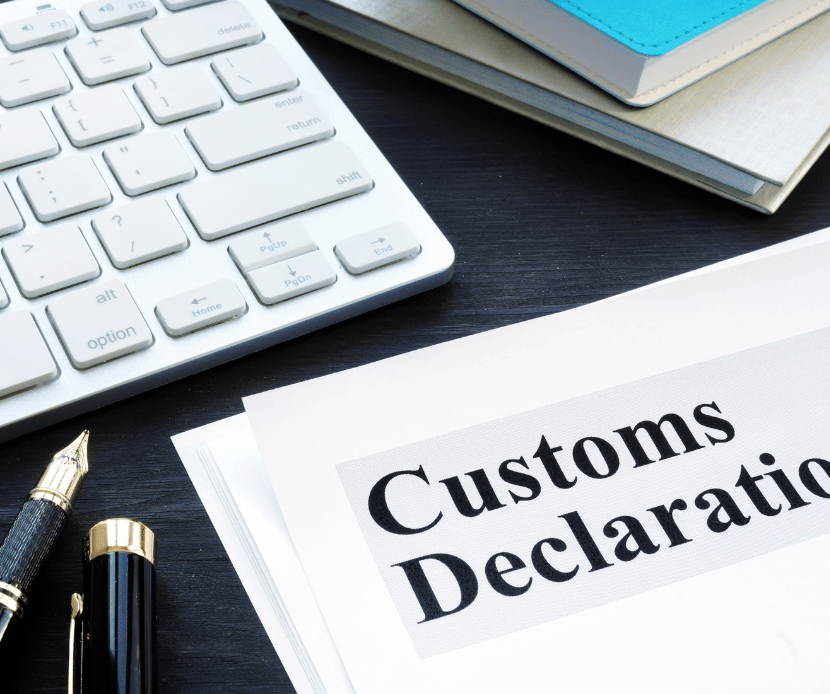
Pioneering seamless customs clearance: precise, efficient, expert-led solutions.
Learn More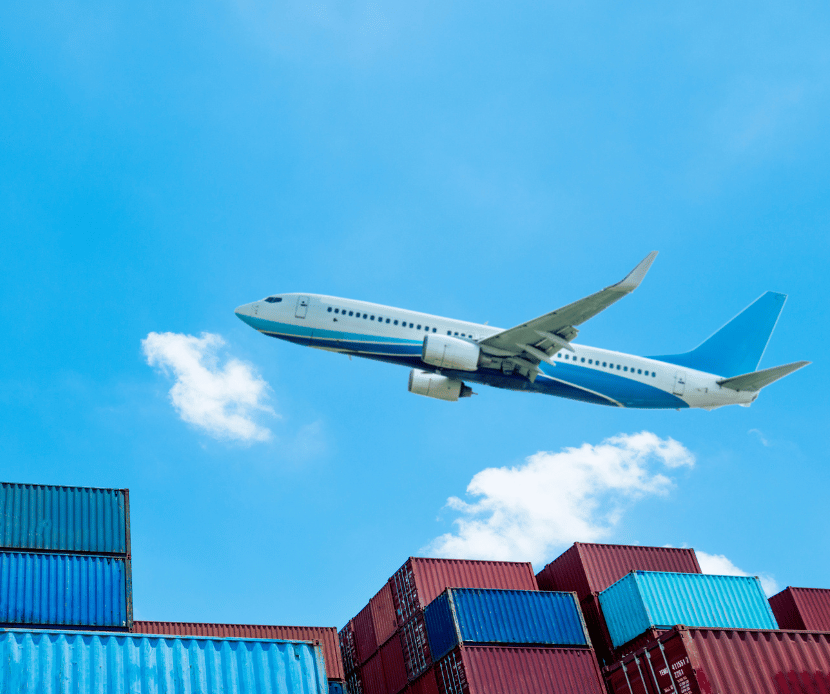
Explore the unmatched speed and reliability of air freight services.
Learn More
Master LCL shipping: flexibility, cost-effectiveness, and strategy for SMEs.
Learn More